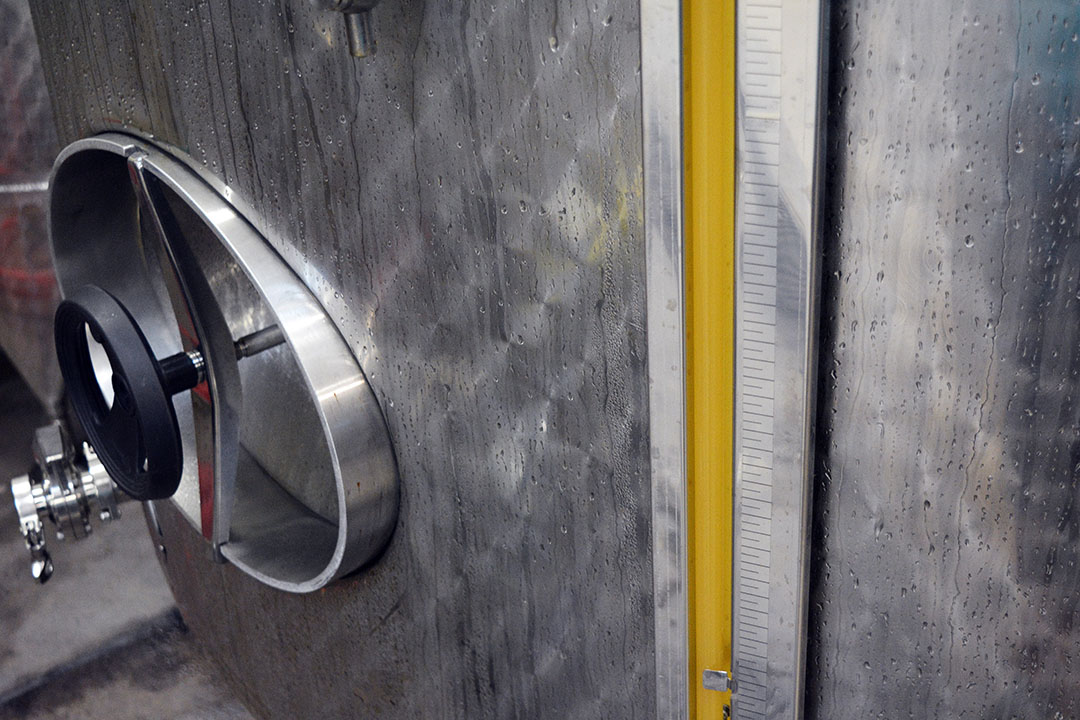
In the early days of opening a cidery, having the best product is paramount so that a first impression leads to a new consumer and fan. As a cidery grows, making sure that the quality stays while increasing cost efficiency becomes important as well.
The ability to make more can mean both in volume and in profit.
It’s a volume-based game, and cost cutting comes from naturally growing the business, pointed out John Kowchak, the President and founder of Original 13 Ciderworks.
“The more cider we can sell means the more fresh juice we can buy from our suppliers at a greater volume discount,” he said.
That said, the Philadelphia cidery is always looking at its supply chain to find ways of cutting costs without sacrificing quality.
James Kohn of Seattle’s Anthem Cider noted that cideries should to stick to core skill sets which should be the uniqueness of that facility’s ciders and the cider-making process.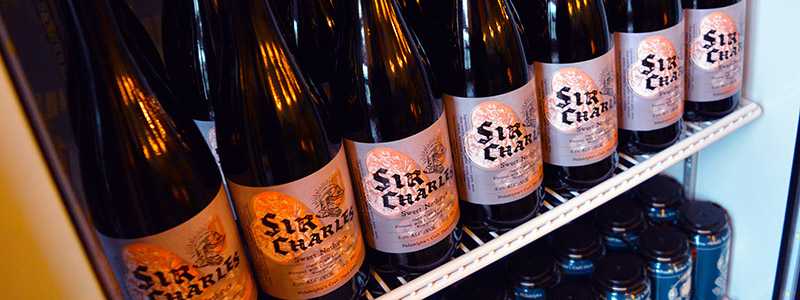
“Packaging and keg washing add no inherent value to any particular cider as long as they stick to a quality standard,” Kohn said, noting that there are services with expertise available.
“In my opinion all functions of packaging should be outsourced along with keg washing,” he said. “This is true no matter the size of operation. Mobile bottlers and canners are experts at what they do. And the actual costs of purchase, maintenance and operation of packaging equipment is well above what most ciderhouses can afford.
“Utilizing mobile vendors allows for a major cost of production to become variable and easy to document and negotiate.”
The biggest cost, as is for any business, is labor.
“As a startup, you really need to keep overhead to a minimum until you start turning profit,” Kowchak said.
Being an extremely small business of just two people, the husband and wife duo of Brian and Olga Dressler at Dressler Estate, time is as precious to them as monetary capital.
Brian Dressler said the decision to begin kegging product was a great one, as it allowed the small cidery to cut the packaging cost of bottles, labels and closures out of the picture, and eliminate the time required to package each bottle.
The Downington, Pennsylvania cidery experimented with different keg types, choosing to avoid the one-way kegs and go with the industry proven and loved stainless steel kegs.
“We partnered with American Keg, the only keg maker in America, less than 20 miles away,” Dressler said. “[It was a] game-changing decision.
“We can spend more time put into selling and delivering our product instead of bottling as many volumes of product.”
Dressler did add that although kegging has been helpful, bottles still are a part of the Dressler Estate portfolio.



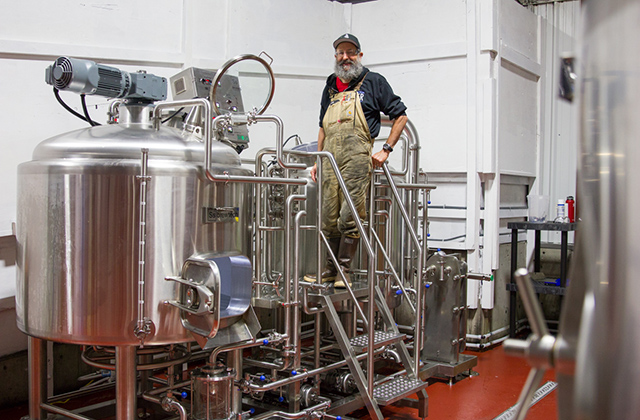
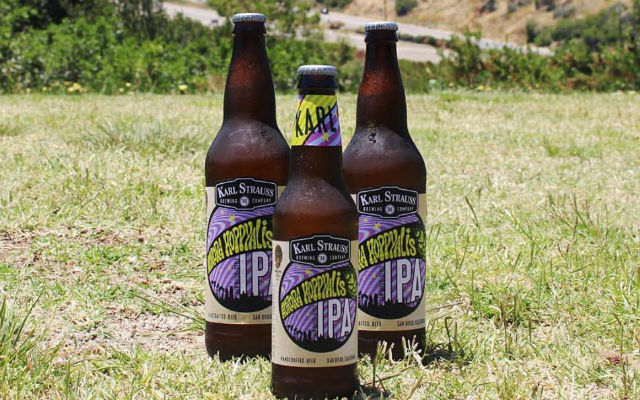
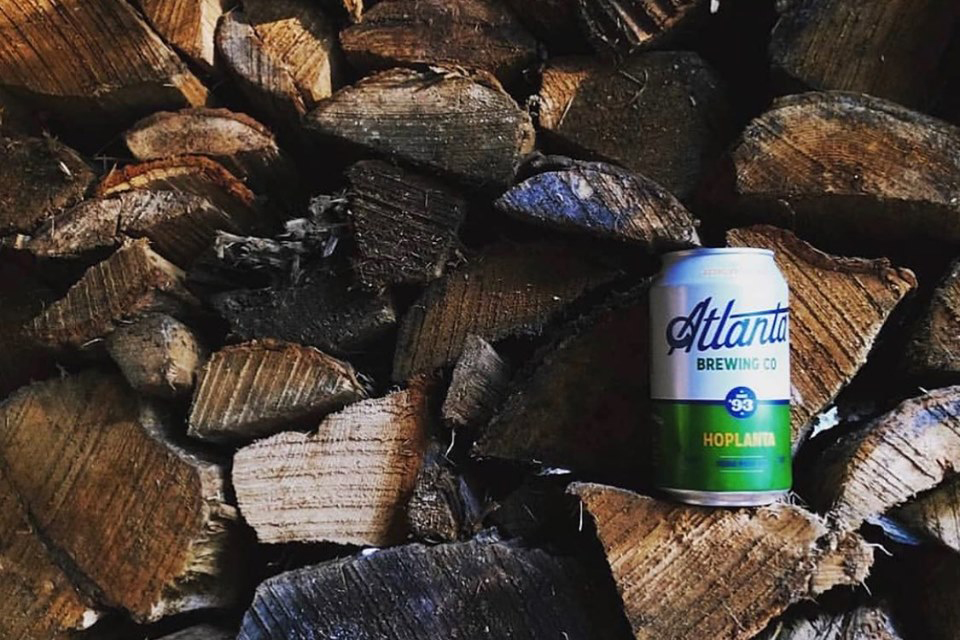
3 Trackbacks / Pingbacks